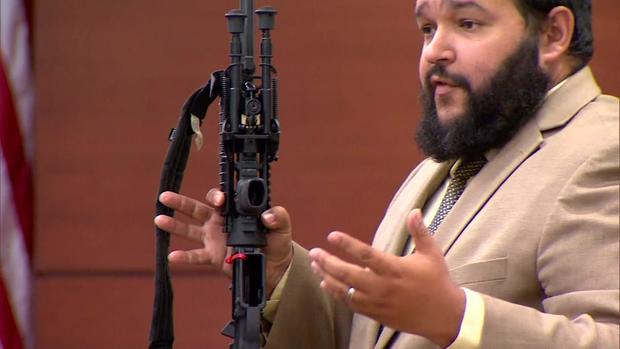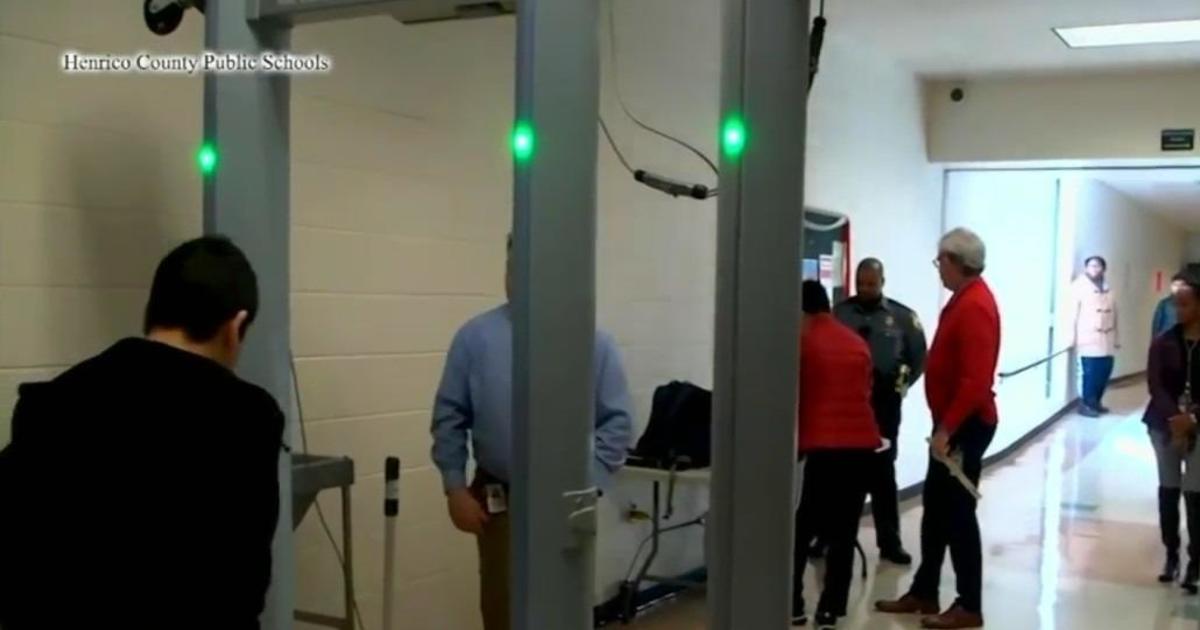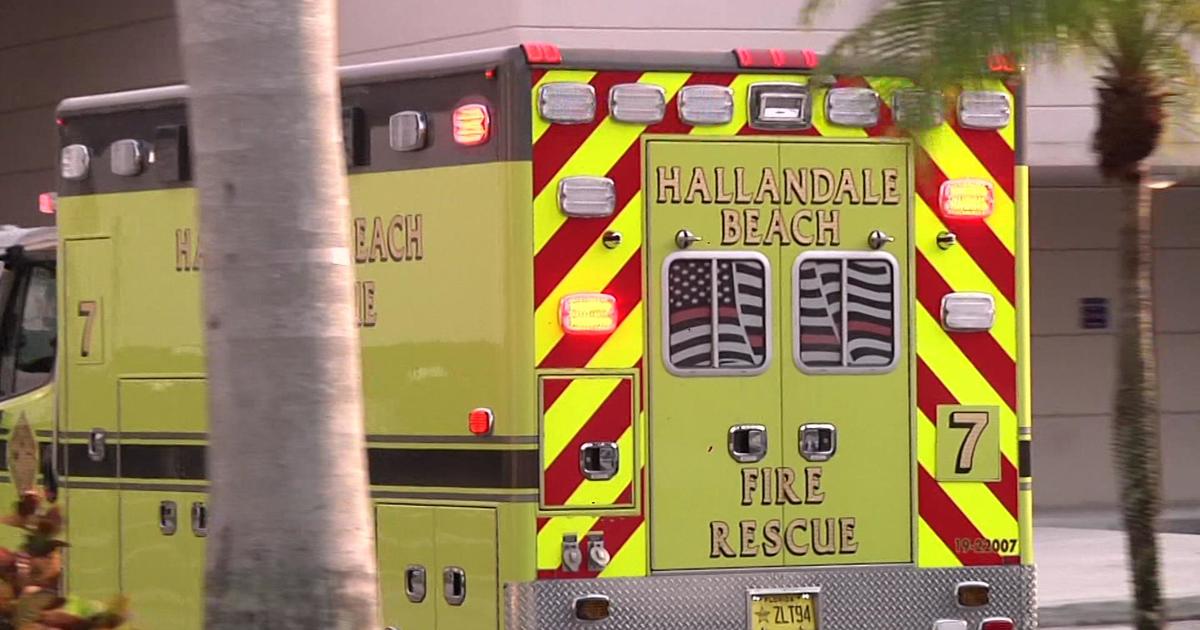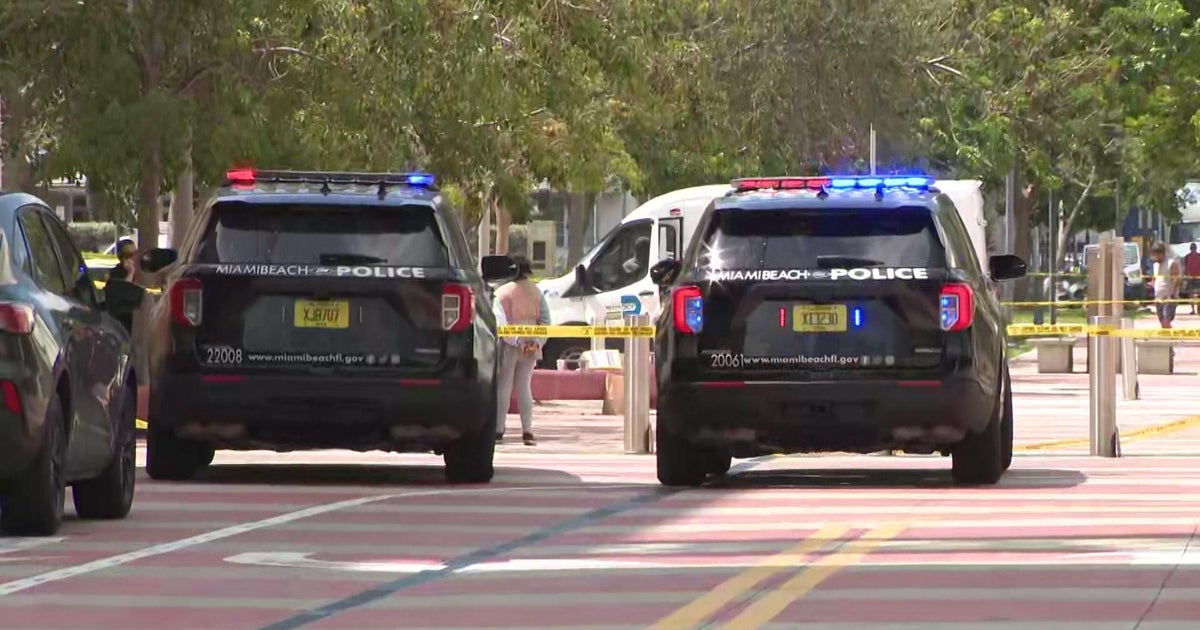Grieving parents take stand at Parkland school shooter's trial
FORT LAUDERDALE - The sentencing trial of Parkland shooter Nikolas Cruz resumed Tuesday as the state called up expert witness George Bello and more grieving families took the stand.
Bello works as the crime lab manager at the Broward County Sherriff's Office and previously worked at the Miami-Dade Police Department.
The state questioned Bello on the AR-15 Cruz used to carry out the massacre at Marjory Stoneman Douglas High School. Lead prosecutor Mike Satz once again, held up the weapon in the courtroom.
Bello, with the weapon in hand, explained to jurors the modifications Cruz made to it. Specifically adding parts like a bipod that were used to help stabilize the gun for the shooter. That was one of two stabilizing devices Cruz added the weapon post-purchase.
Bello also explained how he matched shell casings found in the 1200 building to the rifle Cruz used on February 14th, 2018. Part of his investigation included testing the weapon out himself and comparing the casings to those found at the scene.
After Bello took the stand, more families stood up for victim impact statements.
Dr. Ilan Alhadeff's emotional testimony about his 14-year-old daughter Alyssa marked a second day of tears as families, one after another, took the witness stand to give heartrending statements about their loved ones who died on Feb. 14, 2018.
He and his wife, Lori, described Alyssa's role as captain of her soccer team, the friend others always turned to for advice or a shoulder to cry on, and her plans to become a business lawyer. He cried as he recounted how he will not dance with his daughter at her wedding or see the children she would have had.
"My first-born daughter, daddy's girl was taken from me!" yelled Alhadeff, an internal medicine physician. "I get to watch my friends, my neighbors, colleagues spend time enjoying their daughters, enjoying all the normal milestones, taking in the normal joys and I only get to watch videos or go to the cemetery to see my daughter."
He said one of Alyssa's two younger brothers was too young to comprehend her death when it happened, but now "asks to go see his sister at the cemetery from time to time."
"This is not normal!" he said angrily.
Over the two days of family statements, Cruz has shown little emotion, even as several of his attorneys wiped away tears and Circuit Judge Elizabeth Scherer's voice broke when she gave directions. He mostly stares straight ahead, occasionally looking down at the table where he sits.
As one family testifies, others sob in the gallery while awaiting their turn. They exchange packets of tissues, shoulder rubs and, when breaks come, hugs. Some jurors wipe away tears, but most sit stoically.
Annika Dworet, her husband Mitch sitting somberly at her side, told the jurors about their son Nick, who was 17 when he died. A star swimmer, he had accepted a scholarship to the University of Indianapolis and was training in hopes of competing for his mother's native Sweden in the 2020 Olympics. His younger brother, Alex, was wounded in the shooting.
"He was always inclusive of everyone. On his last evening with us, he spent time speaking to the younger kids on the swim team, giving them some pointers," she said.
But now, she said, "our hearts will forever be broken."
"We will always live with excruciating pain. We have an empty bedroom in our house. There is an empty chair at our dining table. Alex will never have a brother to talk or hang out with. They will never again go for a drive, blasting very loud music. We did not get to see Nick graduate from high school or college. We will never see him getting married.
"We will always hesitate before answering the question, 'How many kids do you have?'"
When jurors get the case, they will vote 17 times, once for each of the victims, on whether to recommend capital punishment.
For each death sentence, the jury must be unanimous or the sentence for that victim is life. The jurors are told that to vote for death, the prosecution's aggravating circumstances for that victim must, in their judgment, "outweigh" the defense's mitigators. A juror can also vote for life out of mercy for Cruz. During jury selection, the panelists said under oath that they are capable of voting for either sentence.





